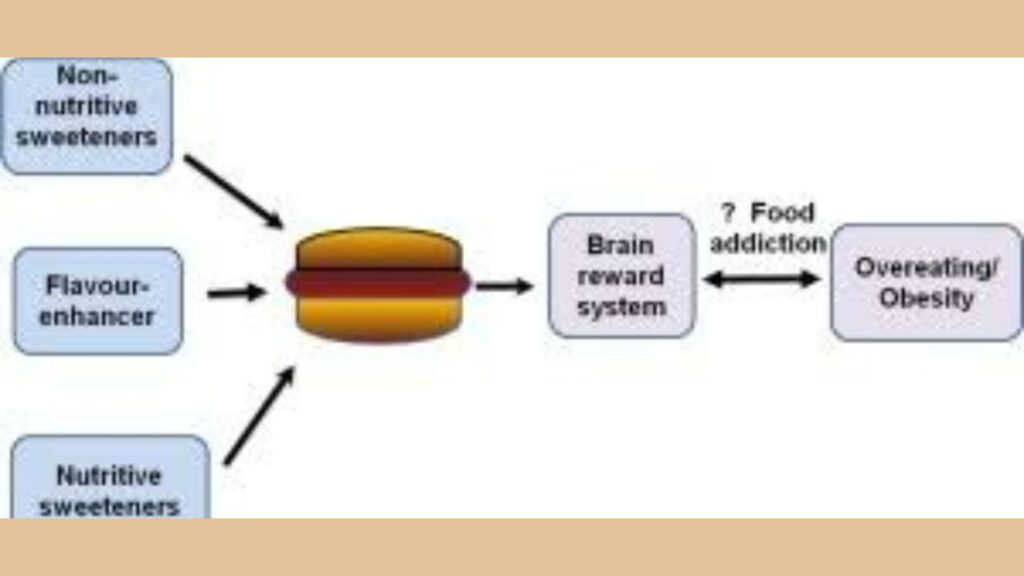Introduction
Food addiction is a mental disorder that affects people’s ability to control their eating. It has been shown to be more common in people with eating disorders, but it may also exist among healthy individuals who eat excessively. Food addiction affects many aspects of life, including your relationships and work performance. All type of addictions are directly related to pleasure centers in brain. In the same way, food addiction also works. When a person is tempted to eat too much, their brain signalizes for fullness and satisfaction either it is healthy or unhealthy.
Psychology of food addiction

There is a lot of confusion about food addiction, especially among people who don’t have it. In fact, there are many misconceptions about this condition. Some people think that since they’re not technically addicted to food (and therefore not an addict) then they can eat whatever they want without any consequences. This couldn’t be further from the truth!
Food addiction is a serious problem; it’s real and it’s serious. In fact, if you think that your relationship with food isn’t affecting your life negatively then you might be experiencing symptoms of an eating disorder or another mental health issue like depression or bipolar disorder—not just another bad habit!
Main cause of food addiction
Consuming poor diet foods like high carbohydrates, high sugar, deep fried foods and junk foods are the main cause of food addiction. When you often intake these kind of foods, pleasure centers in brain are activated and good chemicals like dopamine and serotonin are released. Food addiction almost occurs majorly in women compared to men.
Signs of food Addiction

1. Eating certain foods more than planned amount
2. Eating without worry of becoming sick.
3. When you are tempted to eat certain food but it is unavailable, you will go out of your way to get it.
4. Eating even if you are not hungry.
5. Tempting you eat whenever you walk through certain places or with certain persons.
6. Eating in extreme moods like happiness or sadness.
7. Always thinking about food like what to eat for dinner while getting up in the morning itself.
Most common addictive foods
- Pizza
- Chocolate
- Chips
- Cookies
- Ice cream
- French fries
- Cheeseburgers
- Soda (not diet)
- Cake
- Cheese
- Fried Chicken
- Bacon
- Processed cereals
- Gummy candies
Treatment for food addiction

There are a number of effective treatments for food addiction, including behavioral therapy and medication. However, they can be expensive and may not be covered by insurance. Some treatment centers offer low-cost options that can help you get started on the road to recovery.
If you’re struggling with an eating disorder or other substance abuse disorder, it’s important to talk about your feelings with someone who understands how harmful these habits are for your health—and how much work it will take before they go away completely.
Factors for food addiction
Genetic
Addicted to food can’t be blamed on individual. Those temptations can happen due to genetic reasons too. The addictive genes in their DNA will make them to eat more. This addictive gene is not only for food addiction but also for any type of addiction.
Stress
If you are feeling too stressed also, it can make you addicted same like alcohol and drug. To cope up with negative emotions, consuming excessive food may give you some relief. If you are the person addicted to food due to stress, then obviously it would be highly palatable food like sugar, chocolate ,high carbohydrates. These foods can make you feel comfort and can give you fullness. Stress hormone cortisol increases appetite and tempts you to eat excessively.
Trauma
For instance, being a survivor of traumatic event, experiencing loss of loved ones or ignored by society might lead you to seek comfort in food. If you are in any mental illness or pressure , you may get addicted to food to ease the pain.
Environment
When you are in an environment of friends who are always eating or living in a society which speaks about food, you may get addicted to food.
Best to let a professional treat you

If you are suffering from food addiction, it’s important to get professional help. It is a serious problem that can lead to dangerous consequences if left untreated. A professional therapist will be able to help you understand your behavior and develop an effective treatment plan tailored specifically for you. You don’t have to go through this alone!
Food addicts often turn to drugs or alcohol as a way of coping with their cravings when they are unable or unwilling (or unable) to eat something healthy again immediately after eating too much food in the form of junk food or other unhealthy foods like potatoes chips etc..
Conclusion
If you have a food addiction and are looking for help, you should consider contacting an addiction specialist like a therapist or doctor. Overeating or food addiction is a sinful behavior as mentioned in Bible. Healerzen always wants you to live a happy and healthy life. So don’t conclude that you are food addicted with certain signs or situations. Get in touch with your medical practitioner or nutritionist to start your diet plans. God has offered this beautiful and colorful not only to eat but also to live.
If you or a loved one is fighting a food addiction, then you all too well understand the emotional lows of despair, frustration, and hopelessness involved in the addiction. Healing for food addiction is available. Hope this article is useful and please do let me know your comments or experience about food addiction. We’re happy to help you get on the road to better eating and better health. It is the major cause for obesity but normal weight people also gets addicted to food. Recovery from other addictions like drug , alcohol can be done by not consuming it but food addiction recovery is little complicated as eating food can’t be stopped.

Pingback: How being workaholic affects relationship?